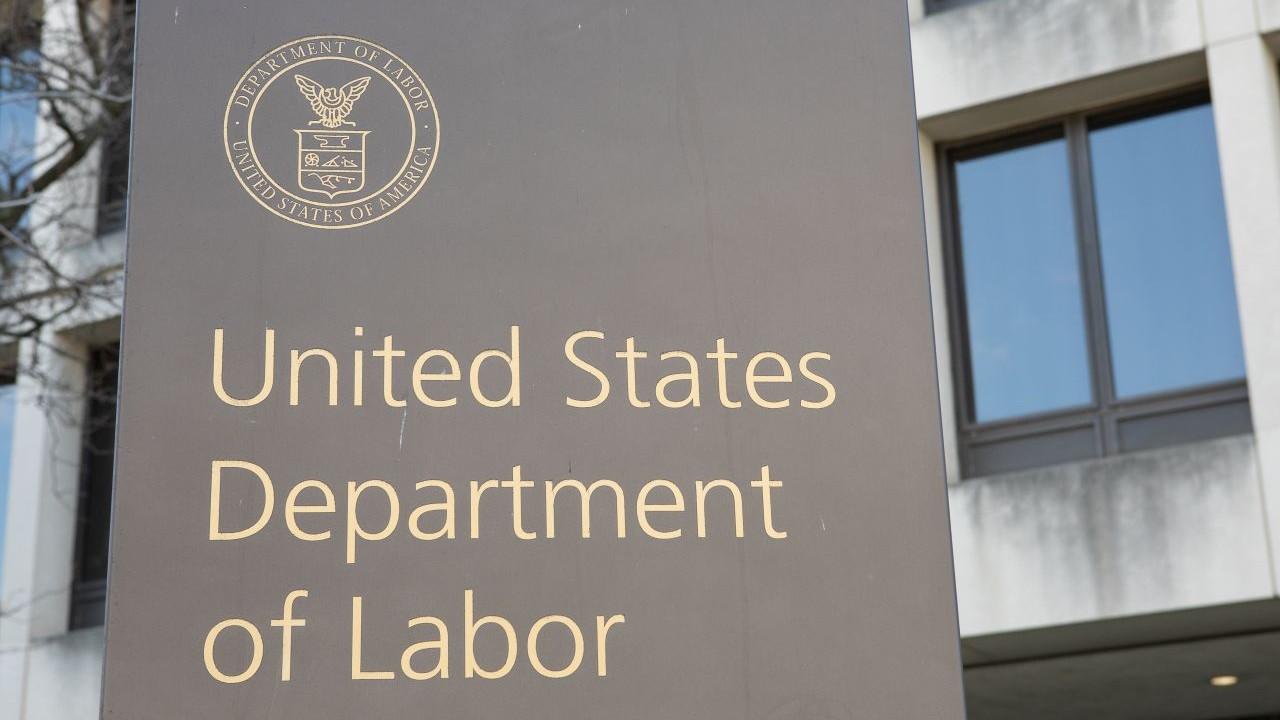Fintech giant Wise plans to shift main listing to New York as London sheds innovative companies
Wise's listing shift underscores years of pain. "U.K. stock market continues to take a succession of blows to the head," one expert said.

Wise, the London-based fintech unicorn, is moving its primary listing to New York, adding to the flight of public companies from the British market in recent years.
The company, founded by two Estonians, debuted on the London Stock Exchange in 2021, at a time when tech and finance listings were booming worldwide. This seemed like an encouraging prospect for London, which aimed to be the epicenter of global tech companies in the European region.
But such hopes have fallen flat in recent years as many companies have opted to move their primary listings from London, including $18.5 billion construction equipment company Ashtead, $61 billion building materials firm CRH, and $138 billion British chips company Arm Holdings. Still others, such as British cybersecurity firm Darktrace, have been taken private in multi-billion-dollar acquisitions.
Wise expects that listing in New York could “provide a potential pathway to inclusion in major U.S. indices, further enhancing liquidity and demand for Wise shares.” The move would also make the money transfer platform more appealing to American investors as it eyes further growth.
It admitted that it won’t immediately be eligible for the big indices, but having a primary New York listing could help.
Shareholders will vote on Wise’s plan to move its primary listing to New York, and more details will follow later this month.
“While the FTSE 100’s share price performance might have beaten the main U.S. indices this year, the broader U.K. stock market continues to take a succession of blows to the head from a reputational perspective,” Russ Mould, investment director at AJ Bell, wrote in a note. “Although subject to a shareholder vote, it seems unlikely Wise will receive widespread opposition if it means the shares could be worth more in the future.”
When floating on the LSE four years ago, Wise’s market capitalization was $11 billion. Today, it’s just shy of $17 billion.
London has been scrambling to keep its public companies as more of them look across the Atlantic, hoping for greater access to investors and global markets and higher valuations. The capital, still considered the financial hub of the European region, has seen a sharp drop in interest—last year, there were just 17 IPOs versus 88 exits via delisting or primary listing transfers.
While some of that fall is explained by the boom and bust related to the COVID-19 pandemic, companies have cited reasons such as liquidity and regulatory concerns.
The Financial Conduct Authority in the U.K. overhauled rules last July to encourage more companies to join the primary market and to help companies move from the smaller market called AIM.
Those changes have yet to reap full benefits, given that companies continue to leave London in favor of other destinations. Glencore-backed Cobalt Holdings scrapped plans for a $230 million IPO in London on Wednesday, adding to the overall pessimism.
Wise’s decision to shift its primary listing was coupled with its full-year earnings for the previous financial year. It reported a 17% increase in pretax profit of £565 million as well as a 21% jump in customer number to nearly 16 million.
It was a formidable player in the fintech space, and its pivot to the U.S. raises questions about what IPO hopefuls in the industry, such as Monzo, would do if they chose to list publicly. The situation is clearly dire—the U.K. Treasury met with Monzo and Revolut to convince them to choose London if they do decide to go public, City AM reported last month.
Despite its New York listing plans, Wise remains rooted in London, having recently moved to bigger offices in the city’s Shoreditch neighborhood—a magnet for many tech companies.
Wise representatives didn’t immediately return Fortune’s request for comment.
This story was originally featured on Fortune.com



















































![[Weekly funding roundup May 31-June 6] VC inflow continues to remain stable](https://images.yourstory.com/cs/2/220356402d6d11e9aa979329348d4c3e/WeeklyFundingRoundupNewLogo1-1739546168054.jpg)











































































































































